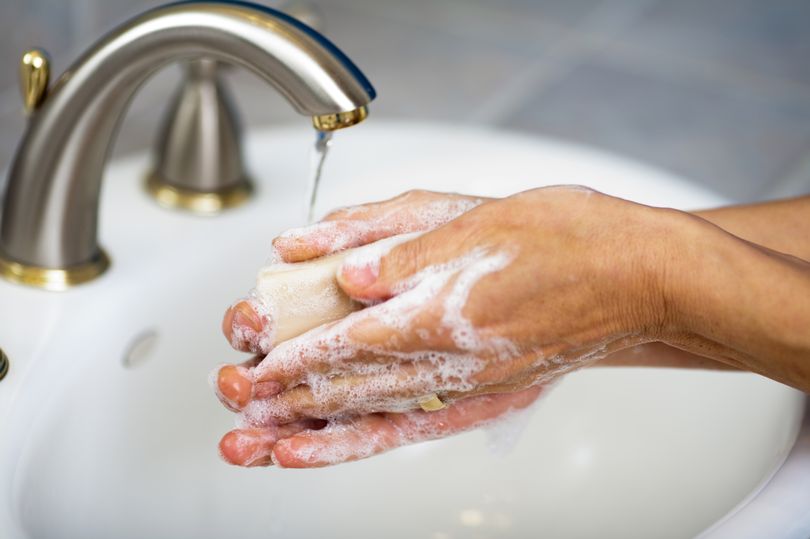To avoid getting coronavirus, we went through bottles of soap and disinfectant wipes so fast that some shops and pharmacies ran out.
There’s been speculation that all the hand-washing and disinfecting we’re still doing in an attempt to keep coronavirus at bay could be weakening our immune system. Is this a danger?
Allergist and immunologist James Fernandez at Cleveland Clinic, Ohio, US, says there’s no scientific evidence to suggest temporarily being squeaky clean is dangerous to immune health.
“For adults, in the timeframe we’re talking about and the hygiene measures that we’re taking, I don’t think there’s a lot of clinical risk to our immune system,” he says.
The belief that a lot of cleaning and hand-washing weakens your immune system was probably born out of something called the hygiene hypothesis.
This is the idea that kids who are exposed to more viruses and bacteria early in life build stronger immune systems. Deprived of these common household germs the immune system is weakened.
Kids exposed to more household germs tend to have lower rates of certain diseases such as allergies
and asthma.
But the hygiene hypothesis doesn’t encourage you to ignore good hygiene.
Keeping your hands clean is one of the proven tools we have for controlling the spread of dangerous infectious diseases.
So there’s no evidence that a short-term boost in hand-washing and cleaning will reduce your body’s immune function.
In the Covid-19 era you should be washing your hands with soap and water after you’ve been in a public place or after blowing your nose, coughing or sneezing.
If you need to wash your hands but soap and water aren’t available, use a hand sanitiser made with at least 60% alcohol.
Also regularly clean frequently touched surfaces in your house, including doorknobs, light switches, counter tops and taps.
Some are out of your control, such as age and genetics, but there are several things you can do to keep defences strong, including de-stressing.
Stress causes your body to make a hormone called cortisol which can lead to inflammation and lowers the ability to fight infections.
A well-balanced diet with ample amounts of fibre and healthy fats helps keep inflammation at bay.
Exercise keeps your immune system running smoothly too. So does sleep. The average adult needs about seven to nine hours.
There’s no doubt smoking and excessive drinking can weaken your immune system so avoid if you can.

